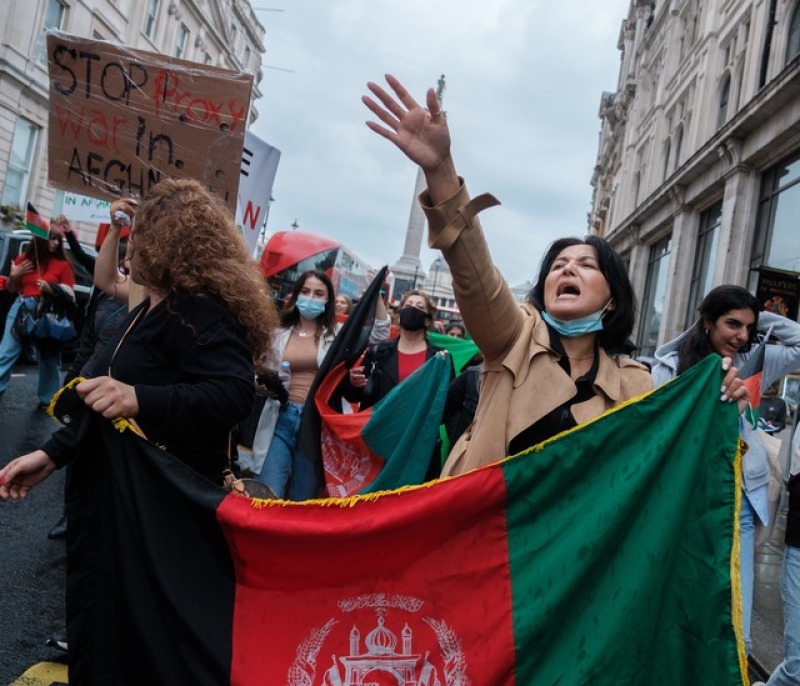
As cited by the Taliban's minister of higher education, the decision to ban women from attending universities is meant to prevent the mixing of genders and subjects considered to be against the principles of Islam.
This ban has received international condemnation. It is worth noting that acquiring education, including higher education, is one of the fundamental rights of a human, and denying women the opportunity to pursue education can negatively impact individuals and society.
International Community Condemns Restriction on Female Education in Afghanistan
The Taliban's education minister Nida Mohammad Nadim has defended the recent decision to ban women from attending universities, stating that it is necessary to prevent the mixing of genders and to ensure that women adhere to strict Islamic dress codes. According to The Christian Post, he also argued that certain subjects, such as agriculture and engineering, do not align with Afghan culture and are, therefore, unsuitable for women to study. The minister stressed universities would reopen for women once these matters were determined.
The United Nations and the foreign ministers of the Group of Seven (G7) - Canada, France, Germany, Italy, Japan, the United Kingdom, and the United States, along with the European Union - have strongly condemned a recent ban and called for its immediate reversal due to concerns that it may be considered a "crime against humanity." The G7 has urged the responsible authorities to reconsider their decision and the international community to speak out against the ban.
The ministers believe that the ban could potentially lead to gender persecution and must be immediately revoked.
On Wednesday, the United Nations Assistance Mission in Afghanistan released a statement condemning the Taliban's decision to close universities to female students and calling on the authorities to reverse the decision immediately. According to UNAMA, the information also called on the authorities to reopen girls' schools beyond the sixth grade and stop measures preventing women and girls from fully participating in public life. Since mid-August 2021, authorities in Afghanistan have imposed a series of restrictions on women, including prohibiting girls from attending secondary school and reducing women's participation in the workforce.
In addition, women are banned from visiting parks, gyms, and public bathhouses, further restricting their ability to leave their homes.
Also Read: Taliban Carrying Out House To House Executions Following U.S. Exit
Other Prohibitions Against Women by Taliban
In May, the Taliban's Supreme Leader, Hibatullah Akhunzada decreed that Afghan women must cover their bodies in public. In a by The Christian Post, the decree states that close male relatives may lose their jobs or face internment if a woman in their family shows her face in public.
The Propagation of Virtue and Prevention of Vice ministry also imposed travel restrictions on women in December, prohibiting them from traveling more than 45 miles without a close male relative. In November, the Taliban publicly flogged 14 people, including three women, at a soccer stadium in eastern Afghanistan for crimes such as adultery and theft. A Taliban spokesperson said the women were released after their punishment, but some men were jailed. This marked the second time the group has used flogging as punishment, with a similar incident occurring in the Zabul province in August.
Related Article: USCIRF Report Shows Decline In Religious Freedom In Afghanistan Since Taliban Takeover


















